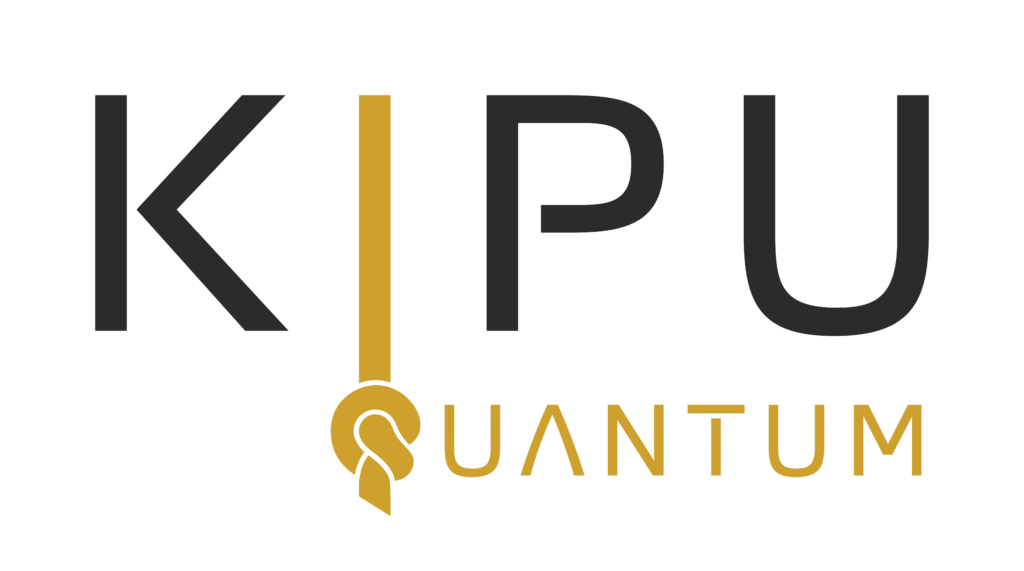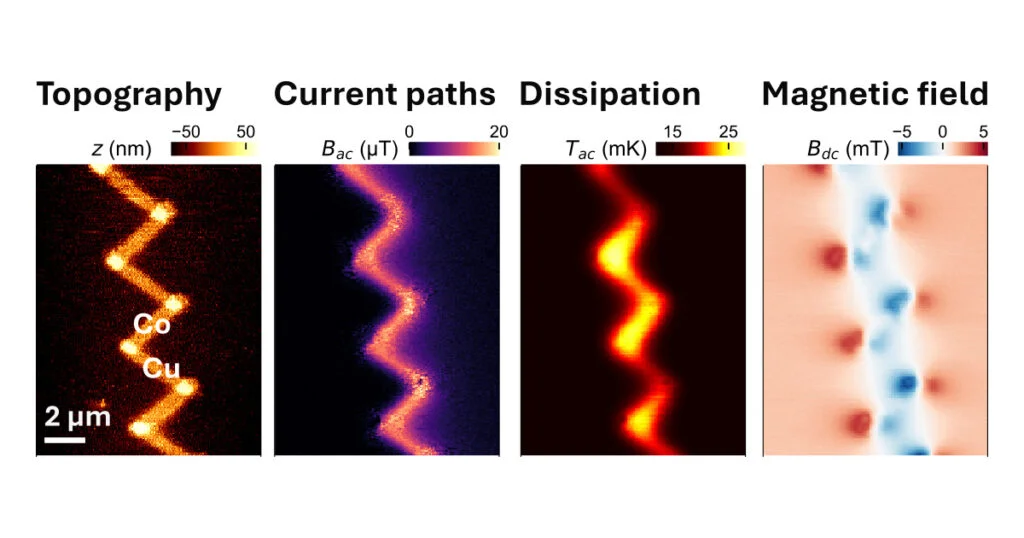Insider Brief
- Zapata Computing Holdings Inc. filed with the SEC in October 2024 to cease operations after defaulting on a financing agreement with Sandia Investment Management.
- In 2025, the company reemerged as Zapata Quantum, completing $3 million in bridge financing and converting more than $10 million of debt to equity.
- The restructuring secured over 50 patents and protected intellectual property developed over seven years.
- The company is rebuilding operations, pursuing uplisting to a national exchange, and targeting commercial growth in cryptography, pharmaceuticals, manufacturing, and defense.
Zapata Computing Holdings Inc., which ceased operations in 2024 after defaulting on financial obligations, has reemerged under the name Zapata Quantum, Inc. and announced progress on a restructuring plan designed to stabilize its balance sheet and preserve its intellectual property portfolio.
In October 2024, Zapata filed an 8-K with the Securities and Exchange Commission indicating that its board had approved a plan to wind down operations, terminate most employees, and address financial obligations after it was unable to meet terms of a Forward Purchase Agreement with Sandia Investment Management LP. The agreement, signed in March 2024, allowed Sandia to accelerate a $2.5 million payment obligation if Zapata’s stock traded below $1.00 for 20 out of 30 consecutive days, a threshold the company crossed in the fall of that year.
The filing formalized Zapata’s wind-down and cessation of operations, but in the months that followed, the company initiated a restructuring process, raising new capital and converting significant amounts of debt into equity to avoid liquidation of its assets.

Today, Zapata Quantum announced in a news release that it had completed a $3 million senior secured convertible bridge financing, including participation from institutional investors and insiders. According to the company, proceeds were used to repay about half of its outstanding senior secured debt, while more than $10 million in additional debt was converted into equity. The financing was structured as promissory notes bearing 10% annual interest, convertible into common stock at $0.04 per share, and included warrants with five-year terms.
The restructuring has allowed Zapata Quantum to retain its intellectual property portfolio, which includes more than 50 patents developed over seven years as a quantum software company. The company also said it had reestablished compliance work by appointing a public accounting firm to help it catch up on missed filings with the SEC, with the goal of returning to full compliance by the fourth quarter of 2025.
Zapata Quantum, Inc. also announced it issued 8.5 million stock options to two of its advisors, according to TipRanks. The options carry an exercise price of $0.01 per share and will vest across four years. Under specific change-of-control conditions, the vesting could be accelerated, a provision that may influence both the company’s advisory arrangements and its ability to adapt strategically.
Quantum Re-re-brand
The rebranding to Zapata Quantum suggests a shift in focus to application development and commercialization. The company emphasized its position as a hardware-agnostic software developer, citing its past participation in all technical areas of the Defense Advanced Research Projects Agency’s Quantum Benchmarking program and its prior work with corporate customers such as BP, BASF, and BBVA.
“The successful completion of this first phase of our restructuring plan is a significant milestone and establishes a foundation to allow us to begin executing on our strategic growth initiatives. The completed financing strengthens our capital structure, protects our core intellectual property, and aligns our stakeholders as we enter our growth-ready stage,” said Sumit Kapur, Chief Executive Officer of Zapata Quantum. “It’s a clear vote of confidence in our strategy from high-quality investors, a number of which are highly respected investors known for their successful investments in the quantum computing sector, and who clearly appreciate the scale of the opportunity to continue our legacy as a leading pure-play hardware-agnostic quantum computing software company.”
The company reported it is preparing for the second phase of its plan, which includes rebuilding its technical team, seeking a listing on a national exchange such as Nasdaq, and pursuing technical and commercial milestones in areas such as cryptography, pharmaceuticals, materials discovery and defense.
Zapata, which shifted focus from quantum to artificial intelligence shortly before its demise, is now re-focusing on quantum, which leadership suggests is aligned with the current market’s interest in quantum computing.
“Quantum computing is approaching a tipping point where practical, economically valuable applications will emerge,” said Mr. Kapur. “The speed and cost of application development in the quantum ecosystem is still a major gap for industries being able to bring those applications to market. With our unmatched IP portfolio, leadership role in DARPA’s Quantum Benchmarking program and commercial experience with customers such as BP, BASF, and BBVA we are positioned to fill that gap.”
Zapata Quantum will still likely face challenges as it rebuilds operations after a near-total wind-down, demonstrate revenue growth and manage financing risks in a capital-intensive sector where many firms remain pre-commercial.














